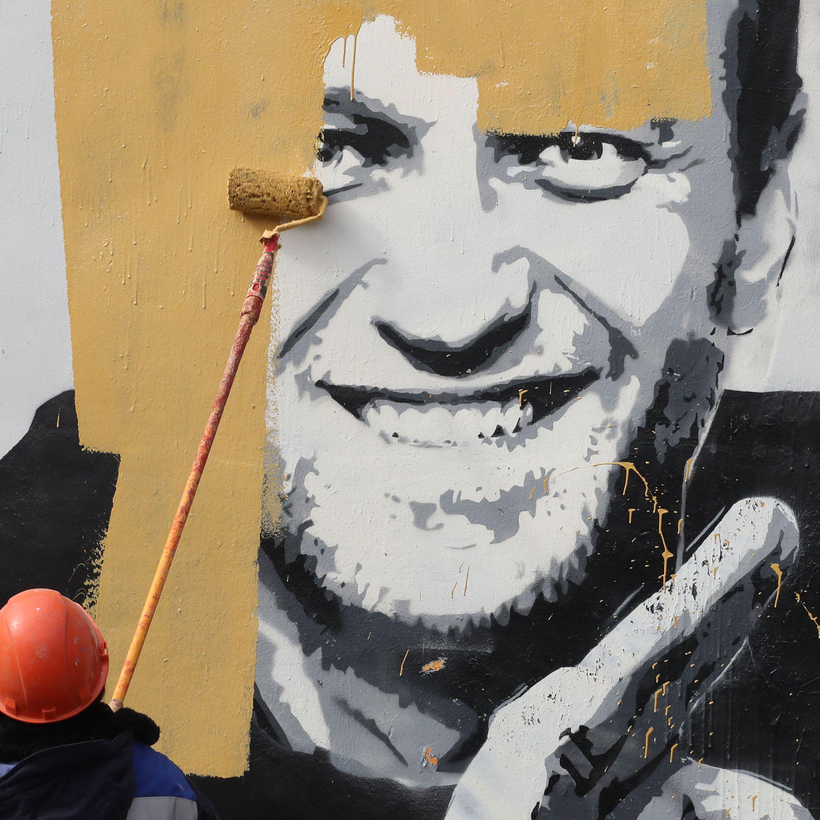Alexei Navalny rarely leaves Russia, but in 2018 he made an exception. He was in Strasbourg to hear the European Court of Human Rights rule for him and against Russia’s repeated detentions of him, concluding that the actions had been politically motivated. I was making a BBC Panorama documentary at the time about those brave Russian souls who take on the Kremlin, and Navalny, tall, charismatic, sardonic, was target No. 1.
He had 10 minutes before his flight back to Moscow, where his aides feared he would be arrested the moment he landed. I grabbed him and introduced him to BBC cameraman Seamas McCracken: “Seamas is from Northern Ireland … ” Seamas stopped filming. “Seamas is from the island of Ireland. Sorry, Alexei, we’re still working this stuff out … ” Navalny grinned, delighted at the Irishman teasing the British reporter.

